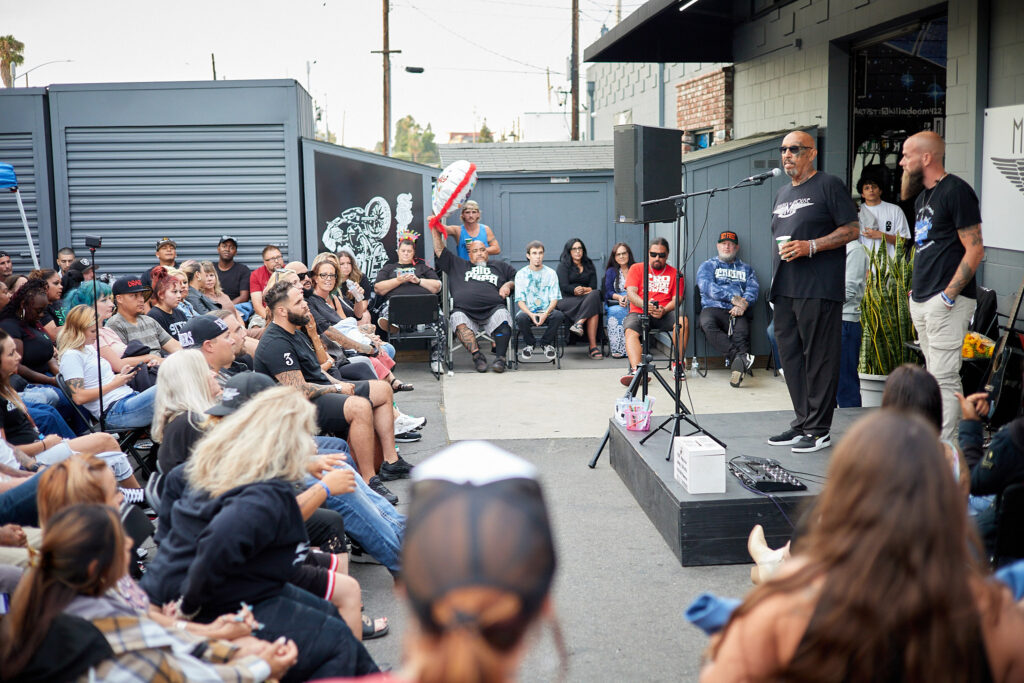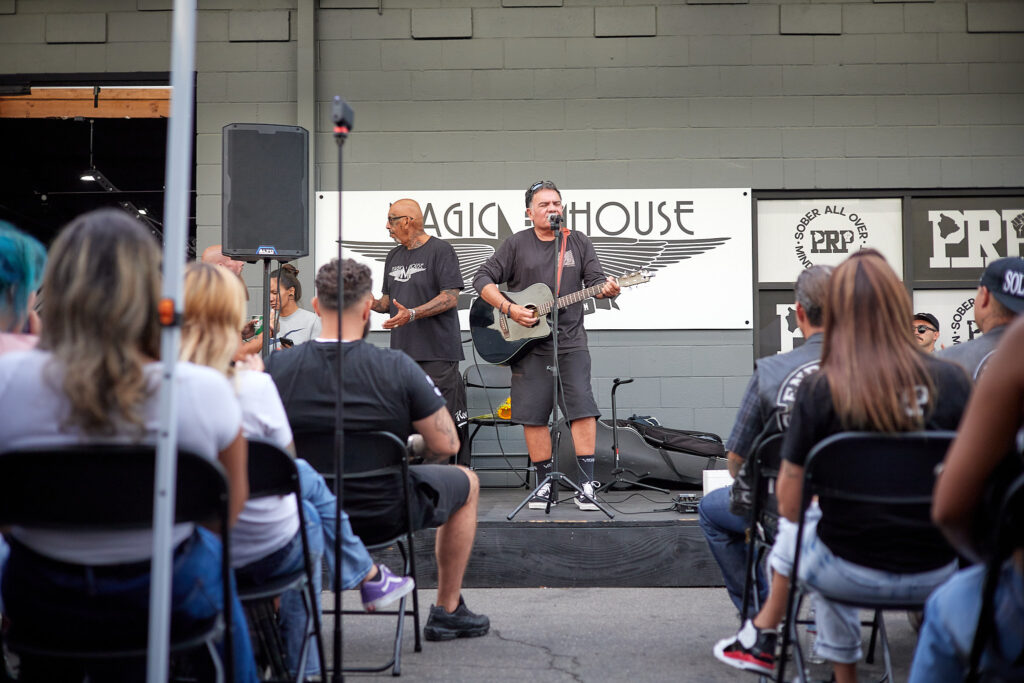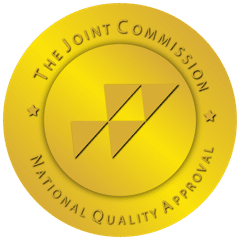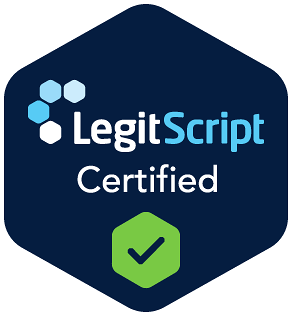Check insurance coverage
What Is an Intensive Outpatient Program?
An Intensive Outpatient Program (IOP) provides structured treatment through 3–5 sessions per week. Clients attend therapy for several hours during the day and return home in the evening. This format enables you to maintain work, school, or family responsibilities in Anaheim while building essential recovery skills.

How Our Anaheim IOP Works
At our Anaheim facility, treatment begins with a complete assessment to design your personalized plan. Your schedule includes:
- Group Therapy: Engage with peers in focused sessions.
- Individual Counseling: Receive one-on-one support from licensed therapists.
- Family Involvement: Access family therapy when needed.
- Holistic Practices: Learn mindfulness techniques to reduce stress and improve focus.
Example:
- Morning: Begin with a 10-minute guided meditation and group discussion on handling triggers.
- Midday: Attend a workshop on cognitive behavioral strategies.
- Afternoon: Meet individually with your counselor and receive a practical assignment to apply at home.
Benefits of Our Anaheim IOP
Immediate Skill Application
Apply new coping techniques right after each session:
- Practice deep breathing during cravings.
- Use “urge surfing” to manage stressful moments.
- Reinforce recovery skills in real-life situations.
Maintain Your Daily Life
Our flexible schedule supports your responsibilities:
- Work/Study: Choose morning or evening sessions.
- Family Support: Stay at home in Anaheim while receiving treatment.
- Cost Efficiency: Part-time care is more affordable than inpatient rehab.
Evidence-Based Treatment
We utilize proven therapies that reduce relapse risk by up to 40%:
- Cognitive Behavioral Therapy (CBT): Identify and challenge negative thoughts.
- Mindfulness Practices: Decrease stress and improve focus.
- Relapse Prevention: Develop actionable plans to avoid triggers.
Rediscovering joy, connection, & purpose
This is what lasting recovery looks like.
Everyone deserves the space to imagine a better life & the support to make it real.
Through compassion, community, and a commitment to real change, we walk alongside every person ready to rise, heal, and create a future they’re proud of.

Who Can Benefit from IOP?
Consider IOP If You:
- Have recently completed higher-level care (inpatient or PHP) and need a step-down approach.
- Experience moderate substance use that does not require 24/7 supervision.
- Possess a stable home environment supportive of recovery.
- Need to balance treatment with work or school commitments.
Frequently Asked Questions
Most clients report noticeable benefits within 2–4 weeks as they integrate new coping skills into daily routines.
Yes. Our flexible scheduling—including evening sessions—ensures treatment fits around your responsibilities
Contact our admissions team immediately. We offer makeup sessions to keep you on track.
Real-World Recovery in Anaheim

Local Advantages
Our program connects you with Anaheim’s active recovery community. You gain access to:
- Over 40 local AA and NA meetings weekly.
- Community resources that reinforce your support network.
- Opportunities to practice sobriety in real-life settings across Anaheim, Orange County, and even Fullerton.
How IOP Supports Your Recovery
Integrating therapy with daily challenges builds confidence. For instance, if you face a stressful workday in Anaheim, you’ll have proven strategies to manage triggers effectively.
Client Testimonials
Trustindex verifies that the original source of the review is Google. I wanted to start off by explaining that I work in recovery and been an around recovery for the last eight years of my life. I have been in and out of inpatient treatment centers three separate times. Even got sober using A.A. one of the other times. It’s become my life's passion to care for people struggling with this disease. I honestly thought I had it licked. That should have been the initial sign. I didn’t. I fell off this last November In a downward spiral that lasted seven days and two near — death emergency visits later. The first place that came to mind was Lift Off Recovery. A gentleman named Pastor Phil AKA Chief who works with their program last messaged me “I love you brother.” something I desperately needed in my time of near-death experience. Nevertheless, to say I was on an airplane the following day on my way to detox at Lift Off Recovery. From the moment I showed up, they greeted me like a family member with love, compassion, empathy, and support and top-notch doctors, therapists, and medications prescribed to glide me down from the insanity the drug use caused me. While detoxing my prayers were answered, they fed me three large home-cooked meals daily along with any of my other wants/needs ice cream and candy 😂. The house I was staying in was a beautiful, serene environment. Exactly what I called for to reengage with my spiritually. The team each one of them had their own unique top-notch qualities that were thoroughly vetted by a seasoned management leadership team and owner. After my detox, they gave me more privileges to do more programming and dig deeper into my lack of knowledge of my character defects through group participation at the outpatient facility. Things I didn’t truly examine the last time I got sober while in A.A. Did I forget to mention the countless trips to the ocean that helped me cleanse my soul? I could go on for days about how great this program is, and the team involved in my recovery. If you’re in desperate need like I was, I put my life on it, you will not find a better program than Lift Off Recovery and if you’re in doubt, please feel free to try another company like I did. But I promise you, coming from someone who truly cares for you and your shared struggles with this disease, this is the finest program on the map. That’s coming from someone who made their life purpose about this struggle. Thank you, Life Off Recovery, for giving me another chance at a better way of life and lifting me off to be the finest person I can be for my family and the people I come across moving forward in my career in recovery. Much love and respect, Rex!Trustindex verifies that the original source of the review is Google. Thank u liftoff for what u have done for me and thanks to all the staff at liftoff.So anybody out there that is seeking help get it today before it’s to late and let me tell ya this is the place to go and be they treat u like family there very helpfull with getting your mind back rite and helping to see life the way us addict have to live but I’m coming up on 18 months of recovery and I owe it all to them they r my family today u couldn’t ask for better people so thanks once again liftoff recovery for helping me and treating me and caring for meTrustindex verifies that the original source of the review is Google. Liftoff Recovery flew me out to Cali in November of 2023 to go through treatment. I had no idea at the time how much this place, the people, and the whole community would actually change my life. I've never felt so loved and accepted for who I am until I met these people. Not only will you learn so much about yourself and how to live a life without drugs or alcohol... But they'll be with you every step of the way. I used to feel so lost, unloved, and just plain broken. They showed me love even when I didn't love myself!! Just like I honestly didn't know how to even live a life being a sober adult. But they taught me. I have been set free from the chains that used to hold me down. I'm forever grateful to each and every person I've met through Liftoff, Magic House and Set Free!! If you're taking the time to read this... Then give them a chance! It'll be life changing!!Trustindex verifies that the original source of the review is Google. This place is truly amazing. I have had such a beautiful learning experience. I wanna give a special thanks to every single staff member. Everyone of you have touched my heart and help me grow. Special thank you to Chief, Sunday, for leading the way and helping me through some of the hardest obstacles I have overcome. Some I’m still working on and will continue. These people have impacted my life in so many way. I will forever be grateful. You saved me lift off ❤️Trustindex verifies that the original source of the review is Google. I cannot express enough gratitude for the incredible care and support I received at LiftOff . From the moment I walked through the doors, I felt welcomed and understood. The staff are some of the most loving, compassionate, and knowledgeable people I have ever met. I did my entire journey with them from Detox all the way down to IOP . I can proudly say Lift off showed me a better life and I cannot thank them enough! I would highly recommend Lift off to anybody struggling with substance abuse.Trustindex verifies that the original source of the review is Google. This is family, I always thought it was drugs and alcohol.the street life, prison.treament after treatment all I got was the same results NOTHING!!! God lead me here by a good friend "thanks Lisa"I am forever grateful to you 🙏.at liftoff I've learned about me inside my defects of character that lead me to make the same choices "thanks Migs". Pastor Anthony showed me how to love me threw the eyes of Jesus thank you.theres so many more who love me for me thank you family.all I knew was drugs street prison.now I can lift my life off the ground and "Learn How To Live" thank you "Chief" with out you magic house, church house, liftoff and set free Anaheim wouldn't exist. Thank you God for this gift of a New LifeTrustindex verifies that the original source of the review is Google. Thus place saved my life! Not like any other place or experience I've been through. They really care about each individual and take the time to get to you know personally and help you thrive! Everyone I have met throughout the whole process showed nothing but love, care, understanding, and respect. Not just some textbook rehab! I'm grateful, thankful, and appreciate for this place and all the knowledge and love I've found through liftoff and everyone involved! 10 out of 10 recommend!Trustindex verifies that the original source of the review is Google. Great place for support and guidance. Shout out to my peers Jackson and rob with great facilitators Anthony, Phil "Chief",migs,and risky. Brandon great help with my meds and susan is the best counselor anyone could ask for.Trustindex verifies that the original source of the review is Google. Lift Off Recovery has helped me to gain a sense of direction and has given me the tools to recover from a hopeless state of mind and body. The therapist and counselor helped me to uncover things about myself that I have been denying and drinking over for years. I walked out of there with a positive outlook on life and purpose after 30 years of addiction. I left the program with 5 months of sobriety and recovery. The biggest thank you to the staff management, therapist, counselor, and the entire Lift Off team for giving me my life back, I now have future full of happiness. I am eternally grateful. #GTA… And a special thanks to Chief.Trustindex verifies that the original source of the review is Google. I love the family and everything that they continue to do for Anaheim community ❤️



A Community That Lifts You Higher
Healing doesn’t happen in isolation—it thrives in community.

Magic House Sundays

Sober Events & Awareness

Recovery That Moves With You
Begin Your Recovery Journey
Take Action Today
Contact our Anaheim admissions team immediately to begin your assessment. We verify insurance benefits and schedule treatment within 24–48 hours.

Your Journey Starts Here
Invest in your long-term health with our Intensive Outpatient Program. Enjoy a balanced routine, real-world practice of recovery skills, and access to Anaheim’s supportive community—all while benefiting from the broader resources of Orange County and Fullerton. Reclaim your life and move confidently toward a healthier future.


